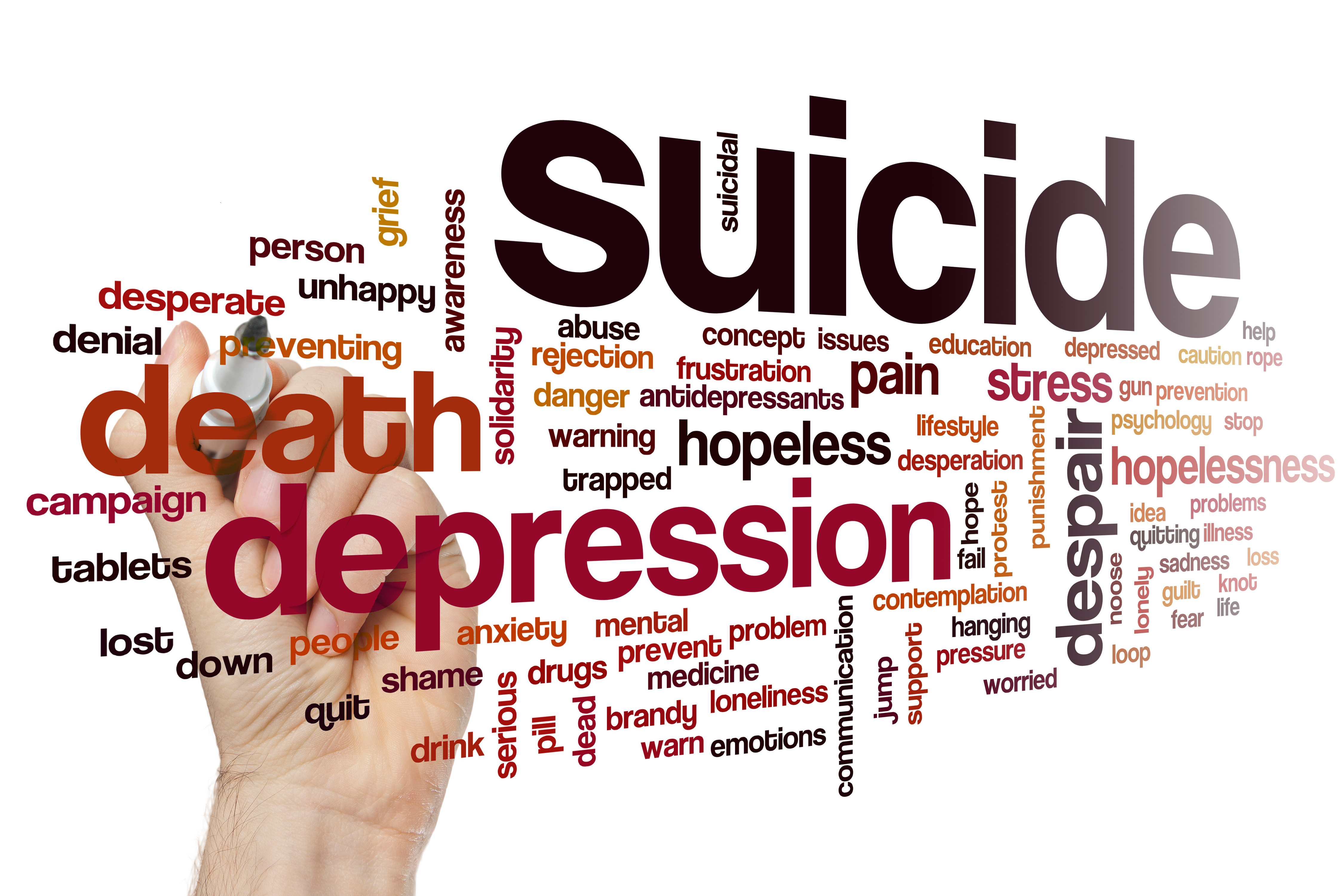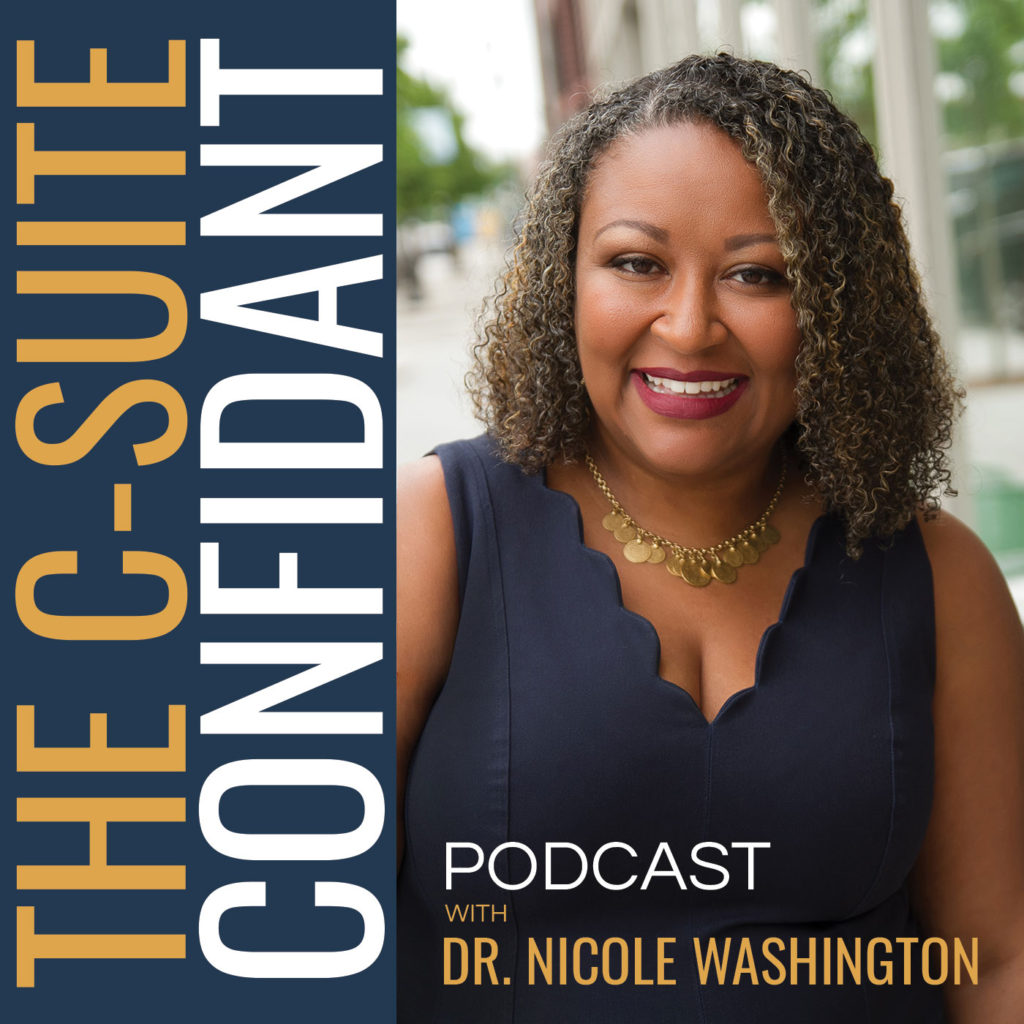Suicide is at the top of everyone’s mind this week with the deaths of both Kate Spade and Anthony Bourdain. To make sense of these tragedies, people start to ask questions in efforts to make sense of something that is truly difficult to understand on so many levels. How could someone who seemed to have everything take their own life? What could have happened that led to this? I wonder if there were any warning signs? All reasonable questions to consider, but the truth is most of us may never know the answers as it relates to these individuals or anyone who completes a suicide. As the whole country has been talking about mental health and suicide, here are 5 reflections on this week:
- You never know how much a person is suffering or what is going through their heads if you don’t ask. Whenever I learn of a completed suicide, my thoughts always take me to the individuals who live with suicidal thoughts daily. For every individual who dies by suicide there are 278 individuals each year who think about suicide but do not die. Who are these people? Are they our coworkers, neighbors, or friends? Do they live in our house? We must become more comfortable talking to those in our circles about depression and suicide. If you have a loved one who confirms depression or talks about depression, you should ask them about their ability to keep themselves safe. You will not put the thoughts in their heads by asking and you could play a big role in getting them linked to much needed help. The Suicide Prevention Lifeline (1-800-273-8255) is a 24-hour, confidential suicide prevention hotline available to anyone in crisis or with emotional distress.
- We should all be aware of risk factors for suicide. These factors include unstable mental health disorders, substance use disorders, hopelessness, impulsivity, history of trauma or abuse, major physical illnesses, previous suicide attempts, family history of suicide, change in financial status, lack of social support, belief that suicide is a noble resolution of a personal dilemma, or exposure to others who have died by suicide either personally or via the media or internet. It is important to pay attention to those we are with on a regular basis and to check in, especially if there are abrupt changes that lead to one of these factors being more prominent.
- Stop looking for a specific event that led to the act of suicide. Looking for one event in a lot of ways oversimplifies mental illness. It is rare that one event is the cause of a death by suicide. Most people have dealt with a complex set of problems that have been part of an ongoing issue, many times for several years before the death occurs.
- Mental illness is treatable in a lot of cases. Approximately 90 percent of those who have died by suicide are found to have mental health and/or substance use disorders. Let’s encourage our family and friends to get into treatment and truly engage. If you don’t know where to go for help, try the Substance Abuse and Mental Health Services Administration and look for mental health and substance use treatment in your area.
- Don’t judge a book by its cover. Even those who appear to have it together and who have achieved high levels of success may be hurting on the inside. I have worked with a lot of high level professionals in my career who were severely depressed and did a great job of hiding it from those around them. One explanation of this is the genetic predisposition associated with depression. First-degree family members of individuals with depression have a risk for developing depression that is two to four times higher than the general population. If there is a genetic predisposition, achieving a higher status in career or fame will not protect you from that. For some, illnesses like depression and anxiety are largely tied to cognitive distortions which are irrational thought patterns that can lead to onset or perpetuation of psychiatric disorders such as depression. Since they are typically irrational and exaggerated, the individual may struggle with not being able to find joy or peace in their accomplishments until they learn to tackle these negative thoughts.
Dr. Nicole Washington is a board-certified psychiatrist, speaker, best-selling author, mental health advocate, organizational behavioral health specialist, wife, and mother. She has over a decade of experience working with people from a wide range of backgrounds. Her passions in medicine are working with those individuals suffering from severe mental illness and working with high level professionals who are dealing with mental health and/or substance use disorders.







